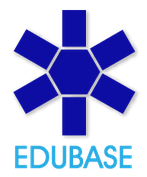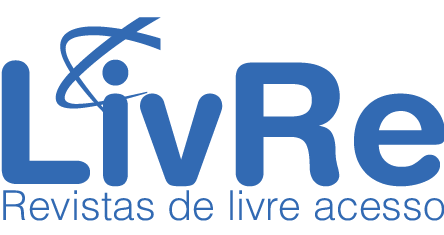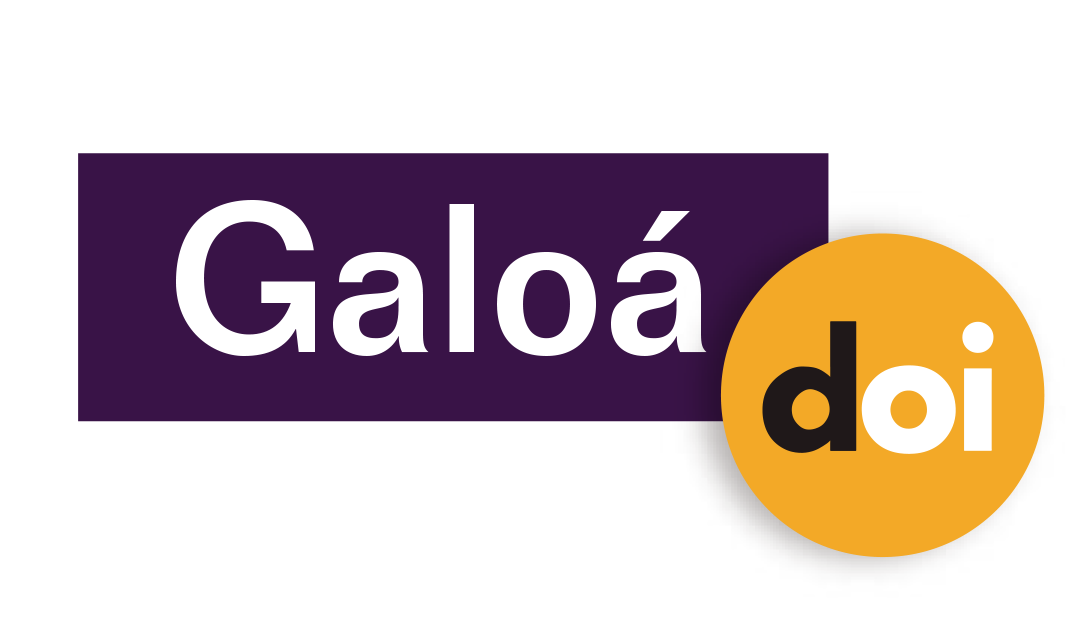[Between] the Paintings of the Ndebele Houses: [Geo]metries and Ragged Curricula
Resumo
The implementation of Law 10.639/2003 on the Teaching of Afro-Brazilian History and Culture in Schools has demanded from Mathematics Education several studies and problematizations about the nature of the [M]mathematical knowledge present in school curricula. This Law prompts dialogues between different epistemologies, whether of Western origin, Afro-Brazilian origin, or in between these epistemologies, in order to produce new debates that fray the disciplinary logic, neutrality, universality, and uniqueness of Mathematics. Thus, based on the practice of painting houses, which is carried out by women from the Ndebele people of Africa, we can consider the curriculum a place of invention. Objectives: Learning from the Ndebele women, what paintings can emerge? Are curricula invented when Stories and practices of African cultures become the focus of study in Mathematics classes? Design: We are guided by an intervention-research, performing a review of ethnographic investigations on the sociocultural practice of painting Ndebele houses. Environment and participants: The research begins with the subjectivity processes that cross three researchers: two mathematical educators in different stages of life and a philosopher. They are all interested in following different paths with Mathematics Education, Ethnomathematics, Philosophy, and..., which make us professors, determining our conceptions of territory and research. Data collection and analysis: The records and data of this research were produced based on the works of Paulus Gerdes on the paintings of Ndebele houses, as well as other authors of African origin, allowing us to be affected by these productions and question the homogeneous curricular models. Results: With this research, we travel to Africa to find strange the mathematicS practiced by the Ndebele community and to make the mathematics curriculum strange; in this sense, contemplating knowledge at the crossroads of the school curriculum, Law 10.639/2003 and Mathematics, entails producing a notion that is closer to the affective field than the field of meanings. Conclusions: The experience of shifting sociocultural practices to the classroom, such as the sociocultural practice of painting Ndebele houses reveals a curriculum as a place of invention in which mathematicS takes place and composes other curricula capable of painting a different use for Law 10.639/2003 fraying Mathematics' neutrality, universality, and uniqueness, and developing a school curriculum that escapes, leaks, and spreads minor, distinct, and unusual knowledge.
Palavras-chave
Ethnomathematics; Education for Difference; Africa; Mathematics Education
DOI: https://doi.org/10.17648/acta.scientiae.7159
Apontamentos
- Não há apontamentos.
Direitos autorais 2023 Eric Machado Paulucci, Carolina Tamayo Osorio, Marcelo de Godoy Domingues

Esta obra está licenciada sob uma licença Creative Commons Atribuição 4.0 Internacional.
ANÚNCIOS
Informamos que, a partir de outubro de 2025, devido ao grande número de artigos na fila de submissão, está suspenso o aceite de submissões. Rebriremos em fevereiro de 2026.
Mais, informamos que sites fraudulentos, https://periodicos-ulbrabr.org e https://periodicos-ulbrabra.org, estiveram se passando pela Acta Scientiae, utilizando nosso nome e identidade visual e até solicitado taxas de APC, que nós não cobramos. Aconselhamos cautela para evitar serem enganados por sites semelhantes.
Conceito A2 na Capes(2021)
Índice h5 do Google Scholar: 13
Índice mediana h5 do Google Scholar:24
eISSN: 2178-7727
Indexações:
A Acta Scientiae é indexada em: | Scopus |  | Latindex |  | Edubase (SBU/UNICAMP) |
 | Sumarios.org |  | Google Scholar |  | Portal LivRe (CNEM) |
 | Journals for Free |  | REDIB |  | Galoá DOI |

Todos os trabalhos publicados aqui estão sob uma licença Creative Commons - Atribuição 4.0 Internacional.
